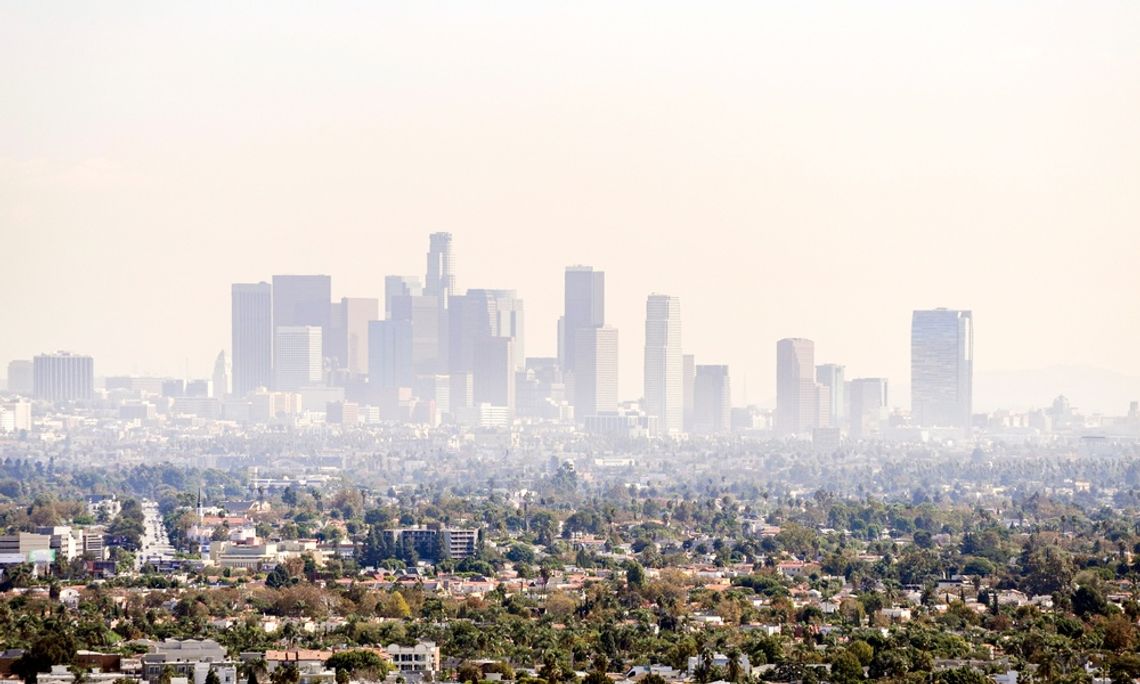Urban centers around the world face mounting pressure to address deteriorating air conditions that affect millions of residents daily. These four ways densely populated cities can improve air quality represent actionable solutions that municipal governments can implement to create healthier environments for their communities. These approaches focus on practical interventions that work within existing urban infrastructure while delivering measurable improvements to public health outcomes.
Expand Green Spaces and Urban Forests
Creating more parks, rooftop gardens, and tree-lined streets provides natural filtration systems that remove harmful particles from the atmosphere. Trees and plants absorb carbon dioxide while releasing oxygen, creating cleaner breathing conditions for nearby residents. Urban planners can transform vacant lots into pocket parks or mandate green roofing requirements for new construction projects. These natural solutions work continuously without requiring ongoing energy consumption or maintenance costs associated with mechanical systems.
Implement Comprehensive Waste Management Programs
Proper waste handling prevents the release of harmful gases and particles that contribute to poor air quality. Cities can establish regular collection schedules that avoid the accumulation of garbage and the resulting decomposition processes that release methane and other pollutants. The environmental benefits of street cleaning extend beyond visual appeal to include removing dust, debris, and chemical residues that would otherwise become airborne during windy conditions. Enhanced waste sorting and processing facilities also reduce the need for open burning or inefficient disposal methods that release toxic compounds into the atmosphere.
Promote Alternative Transportation Networks
Reducing vehicle emissions through improved public transit systems and cycling infrastructure directly decreases the primary source of urban air pollution. Cities can create dedicated bus lanes that will enhance public transportation efficiency while encouraging residents to choose mass transit over private vehicles. Bike-sharing programs and protected cycling paths provide emission-free alternatives for short-distance travel. Electric vehicle charging stations can accelerate the transition away from gasoline-powered transportation while supporting residents who choose cleaner personal vehicle options.
Regulate Industrial and Commercial Emissions
Establishing strict guidelines for businesses and manufacturing facilities prevents excessive pollutant release from commercial sources. Local governments can require emission monitoring systems and regular compliance inspections to ensure facilities operate within acceptable limits. Zoning regulations can separate heavy industry from residential areas while encouraging cleaner business practices through incentive programs. Densely populated cities can improve air quality by creating buffer zones around industrial sites and requiring advanced filtration systems for facilities that produce airborne contaminants.
Taking Action for Cleaner Urban Air
Municipal leaders have numerous tools available to address air quality challenges without waiting for external solutions or massive infrastructure overhauls. Cities can implement these four approaches gradually while building momentum for larger environmental initiatives. Residents can support these efforts by participating in public planning meetings and advocating for policies that prioritize community health outcomes over short-term economic considerations.


Comment
Comments